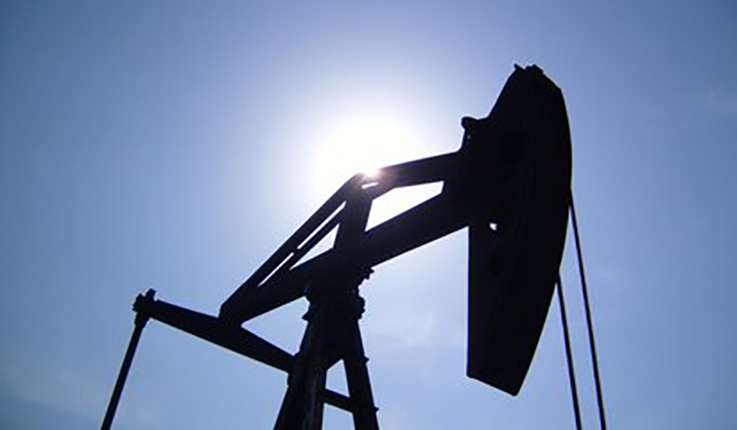Oil plunged this Tuesday after a volatile morning session; concerns over the rapid spread of the Delta Covid variant are weighing on prices. On the other hand, expectations of lower U.S. inventories prevented from a further price crash.
Firstly, Brent crude oil futures fell $1.22, or 1.7%, to $71.67 a barrel; while U.S. West Texas Intermediate (WTI) crude was down $1.42, or 2%, at $69.84 a barrel. This is one of the firsts setbacks for oil prices in weeks; both contracts had risen more than 60 cents earlier in the session, as Reuters reports.
Secondly, as we have reported previously, prices rose more than 40% this week; particularly Brent crude futures; that helped oil companies to ensure strong financial performance for the first; but mostly for the second quarter of the year.
Thirdly, oil majors like Shell, BP, ConocoPhillips, and other, had reported strong second quarter earnings this week and the last. About the feelings of the market, a Commerzbank analyst, quoted by Reuters, said. “The oil market continues to alternate between concerns about tight supply on the one hand; and about looming demand outages on the other.”
Also recommended for you: Libra Consortium takes FID on FPSO unit for Santos Basin, Brazil. Click here to read.
Oil market to endure volatility for coming weeks
Moreover, the rapid spread of the Delta Covid variant is creating even more uncertainty on the market; which in turn hits prices. The fact, is that China is experiencing a rapid and dramatic peak in Covid cases after Delta Covid; and inland cities have had to impose new restrictions on mobility.
In addition, this could hit prices even more, as China is one of the world’s biggest oil consumers. “Delta-related concerns will likely keep oil markets volatile over the coming weeks; but at the same time, we also see flying activity across Europe and the U.S. continue to grind higher; supporting oil demand.” Staunovo said, quoted by Reuters.
Furthermore, yet another negative impact to prices is the return of Iranian crude to the markets; which will add to the OPEC+ increased production; increasing the risk of flooding the market, and bringing down prices.
Finally, Iran’s new president, Ebrahim Raisi, said on Tuesday his government would take steps to lift “tyrannical” sanctions imposed by the United States on its energy and banking sectors. As we have reported previously, Iran has been on the talks to revive the nuclear deal, in exchange for its oil output.


